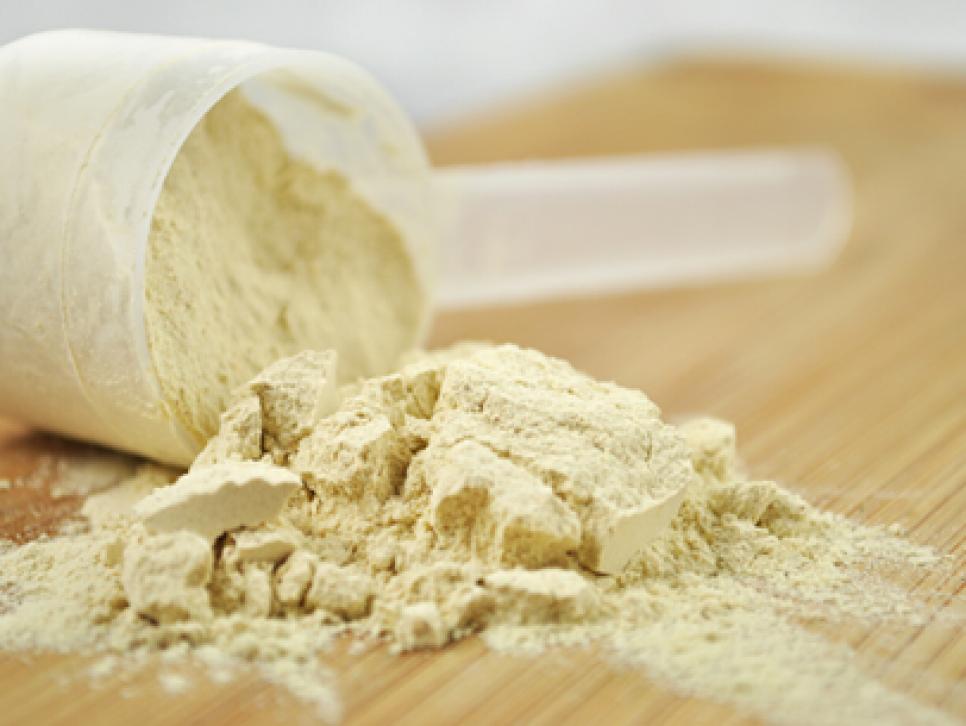News
Fitness Friday: Supplemental insurance
Golfers often ask about the benefits of taking supplements in terms of improving their health and their golf games. Would talking an energy drink during a round help back-nine stamina? Do protein supplements help improve driving distances? Do anti-oxidant supplements speed recovery from injuries and soreness? Can beverages infused with electrolytes quickly hydrate the body?
My answer to these types of questions is always the same: If you eat a healthy, well-balanced diet and drink enough water, you're just wasting your money buying supplements. Sure, someone who lives in Alaska in the winter could develop a severe deficiency in vitamin D, and that person could take a pill to help offset the effects of 20-plus hours of darkness. But that is an extreme case. And besides, that person also could recover some of that vitamin D by eating omelets with mushrooms. Yum.
The point is that many nutrition stores and websites have made a killing selling everything from fish-oil capsules to vitamin-C boosters by telling the average person that supplements will make them healthier and perform better. But research often doesn't support those conclusions.
An example of how supplements are a waste of time will be published in December's International Journal of Sports Nutrition and Exercise Metabolism. Whey protein supplements had no impact on untrained young adults who consumed it in a test conducted by University of Regina in Canada.
I'll spare you the details of the study, but suffice it to say that a group of young adults consumed a whey protein powder mixed with water before and after each set of nine different strength exercises. Another group of untrained young adults consumed a placebo. They did this four days a week for eight weeks. At the end of the study, both groups were considerably stronger. There was no difference between those who drank the whey protein powder--which can cost roughly $30-60 for a month's supply--and those who took the placebo.

(Photo by Getty Images)
So if you're a golfer looking to pick up 20 yards off the tee, you're much better off if you eat nuts, lean meat, fish, beans, some whole grains and high-fiber vegetables. Combine that with some training, like my 20-in-20 exercise program (Get started here >), and your golf swing and stamina will improve. And with the money you save on the whey protein supplement, you can buy more golf balls when you start hitting it off the map.
Ron Kaspriske is fitness editor for Golf Digest